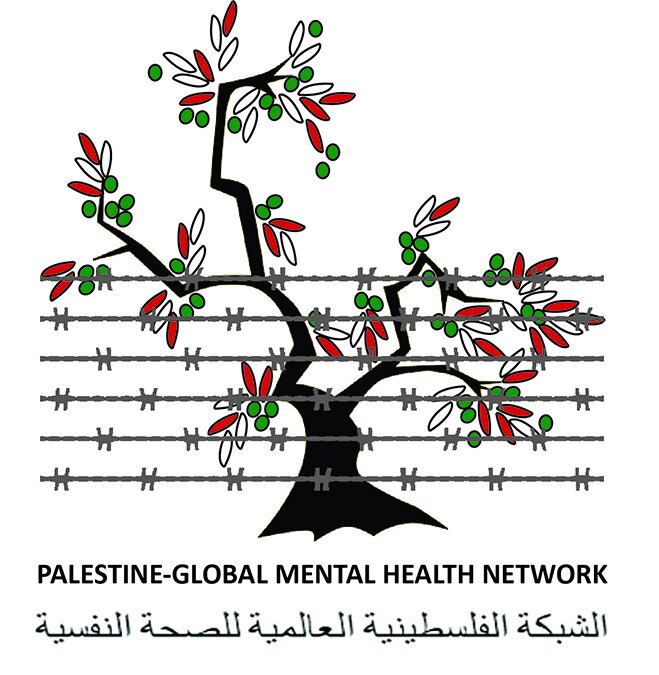The Palestine-Global Mental Health Network views itself as the core of an expanding movement aiming to utilize and amplify Palestinian intellectual and scholarly contributions to mental health and anti-colonial psychology. Our Network spans historic Palestine and the global community in diaspora, and is dedicated to the emancipation of individuals, nations, and the world. Comprising members from diverse mental health and social disciplines worldwide, the Network is committed to developing an ethical and professional stance that embraces all humanity irrespective of nationality or ethnicity. It endeavors to reinforce the essential connection between mental well-being and the principles of freedom, human dignity, and equitable justice; it advocates for those displaced and disenfranchised in a world where humanity should rightly be the first priority. Further, our Network is devoted to fostering and disseminating an authentic discourse on mental health, characterized by self-awareness and openness. We prioritize diverse, inclusive, and empathic therapeutic approaches that focus on the core values of freedom and human rights.
Our efforts include crafting an academic framework that addresses the continued marginalization of the “ongoing Nakba”; contributing to the study of psychological trauma worldwide. We aim to highlight psychological and clinical insights derived from the Palestinian experiences of colonialism, striving to form a global coalition for mental health advocacy that supports Palestinians and all oppressed people globally.
The Palestine Mental Health Networks now have a presence in Australia, Belgium, Brasil, Canada, Chile, Egypt, France, Germany, Greece, Iraq, Ireland, Jordan, Lebanon, Palestine, South Africa, Sweden, The Netherlands, Tunisia, the United Kingdom, and the United States. Our vision for the Network’s international counterparts includes:
Persistently addressing the issue of Palestine and the plight of Palestinians within mental health services and professional organizations in their respective countries.
Contributing to the dialogue on settler colonialism and mental health in these diverse nations.
Supporting the Palestinian call for boycott, sanctions, and divestment (BDS), grounded in international law, democratic values, and anti-racist practices.


